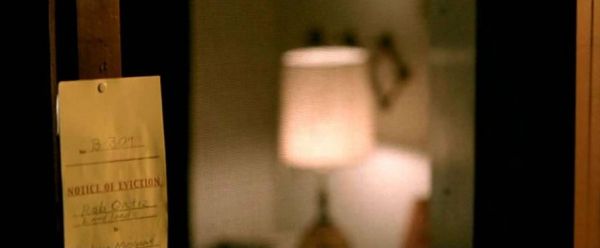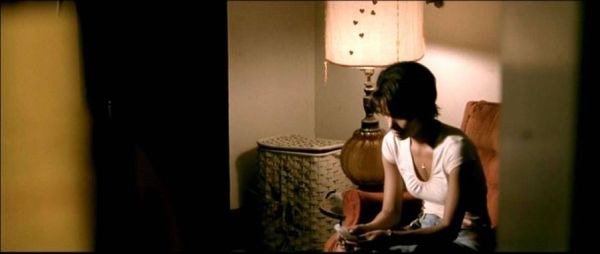Difference between revisions of "JCM412512/Cinematography (Discussion)"
From Screenpedia
Jump to navigationJump to search (changed from B&T to Butler) |
|||
| Line 26: | Line 26: | ||
#***Masked 1.85 : 1 | #***Masked 1.85 : 1 | ||
#***TV widescreen: 16 : 9 or 1.78 : 1 | #***TV widescreen: 16 : 9 or 1.78 : 1 | ||
| − | #*What are the aspect ratios of ''Ordinary People'' and ''Shakespeare in Love''? | + | #*What are the aspect ratios of ''Out of the Past'', ''Ordinary People'' and ''Shakespeare in Love''? |
==Cinematography and narrative== | ==Cinematography and narrative== | ||
Revision as of 16:55, 24 January 2011
If possible, provide examples from Shakespeare in Love for the following.
- Group 2: What is focal length?
- Define these focal-length terms:
- Wide angle
- Telephoto
- Variable focal length lens (what's another, more common name for it?)
- Define these focal-length terms:
- Group 3: What is depth of field?
- Define these terms:
- Shallow focus
- Deep focus
- Pulling focus (What's another name for it?)
- Define these terms:
- Group 2: Framing.
- Explain high/low angles.
- Explain the differences among these types of camera movement:
- Pan
- Tilt
- Handheld
- Tracking or dolly shot
- Explain the difference between a tracking/dolly shot and a zoom.
- Explain the differences among these types of camera movement:
- Group 1: What is aspect ratio?
- Define/explain these terms/numbers:
- Standard Ratio: 4 : 3 or 1.33 : 1
- Widescreen
- Anamorphic 2.35 or 2.4 : 1
- Masked 1.85 : 1
- TV widescreen: 16 : 9 or 1.78 : 1
- What are the aspect ratios of Out of the Past, Ordinary People and Shakespeare in Love?
- Define/explain these terms/numbers:
Cinematography and narrative
All groups:
In the Monster's Ball scene we viewed, what narrative functions does the cinematography serve? List three of them. Be sure to consider deep/shallow focus, focus shifts and framing in the third shot.
Bibliography
- Jeremy G. Butler, Television: Critical Methods and Applications
- David Bordwell and Kristin Thompson, Film Art: An Introduction (McGraw-Hill).

